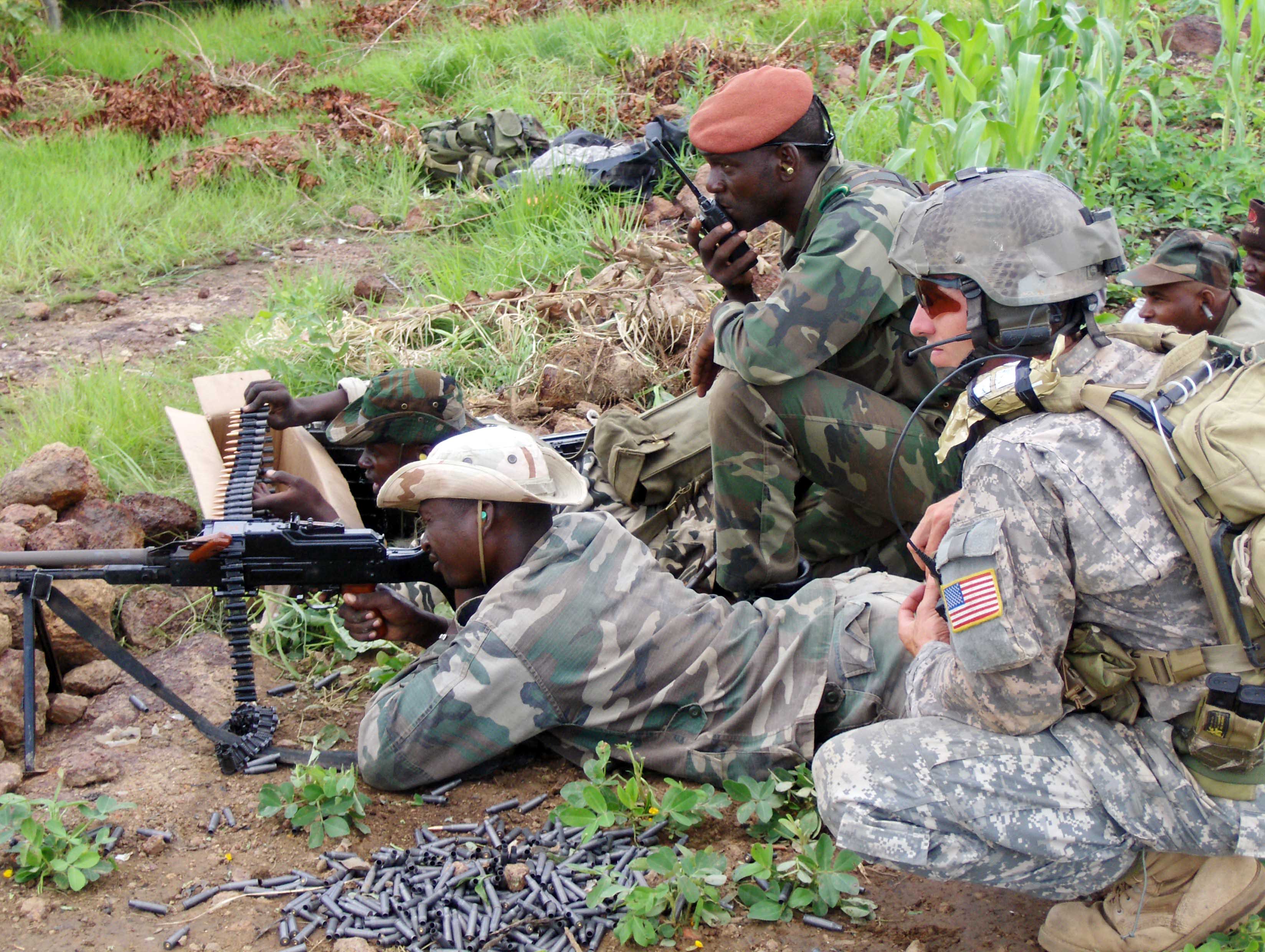Economic sanctions against Israel: a decoy?
(B2 archives) While the situation in the Middle East persists, the path of economic sanctions is increasingly mentioned by several political leaders.
The question divides Europeans, some governments like Denmark refuse to do so. Even the Belgian government, however up-and-coming, would be in favor of more targeted measures. Spain, which chairs the European Union, has therefore chosen a middle way. Through her Minister of Foreign Affairs, Josep Picqué, she intends " convene the EU-Israel Association Council in the near future ". But the real question is: to do what? The real cement of this association agreement signed in 2000, which took over from older texts, the first having been signed in 1975, is indeed economic.
The part of the agreement devoted to it represents almost the entire document: 150 pages! To be compared to the meager page devoted to political dialogue, filled with principles, very generous and general, for " create better mutual understanding "," ensuring security and stability in the region " or " maintain a regular political dialogue ". But that's enough and can be used in a political response to the humiliation inflicted by the Sharon government on the European Union as Belgian Foreign Minister Louis Michel told VRT, Flemish television. " In a partnership no one can deny the role of the other explains one of his close advisers. On the economic level, the European room for maneuver is weaker. Quite simply, because in this cooperation, it is Europe that emerges as the big winner. From year to year, invariably, the balance sheet of trade with Israel is in deficit for the latter. In 2001, trade with the European Community represented for this country a third of its exports ($6,9 billion) and 41% of its imports ($11,4 billion), i.e. a deficit of 4,5. $7 billion ($2000 billion in XNUMX).
The threats, even the simple rumors on possible economic sanctions of the European Union (EU), cause besides epidermic reactions in Israel. "If the Fifteen believe that they can exert political pressure by indulging in this form of blackmail, they are seriously mistaken", explains a Foreign Affairs official. " We will not sacrifice the security of our country on the altar of an association agreement ", he proclaims. Besides, he continues " We do not see, under these conditions, how Europe could shoot itself in the foot by sanctioning a good customer at the risk of penalizing companies from the Old Continent. ".
In high technology, Israel is also associated with the 5th European Framework Program for Research and Development, which makes it possible to finance joint projects. A questioning of these facilities does not unduly worry companies specializing in this sector. "Europe has not given us a gift, because Israel is in the forefront in high technology", underlines an executive of a computer company in Tel-Aviv. "If the Europeans let us go, it would only marginally affect our sector, which has mainly developed in recent years by partnering with American multinationals such as Intel or Motorola", he continues. Israel, moreover, could just as well invoke, in its turn, the treaty of association for its own benefit. Indeed, article 76 allows any signatory of the agreement to take all necessary measures in the event of serious internal disturbances or war. In the game of questioning the agreement, it is then Israel that could seize the ball. [Reactions that reflect the deep mistrust that Europe inspires on the political front. Israel accuses the EU of being "pro-Arab" and has always refused to see it play an active role in negotiations with the Palestinians who remain a US preserve.]
Nicolas Gros-Verheyde - with Pascal Lacorie (in Jerusalem)
article published in La Tribune, April 2002
